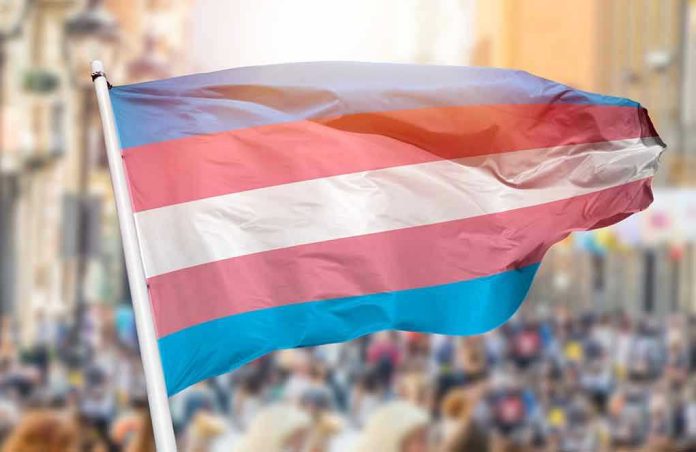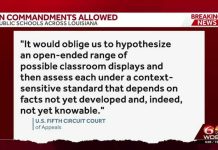
The Department of Homeland Security is taking a stand against a Biden-appointed judge’s decision to release a transgender illegal alien from ICE custody, igniting a fiery debate over executive authority and gender ideology.
At a Glance
- DHS condemns Judge Amy Baggio’s decision to release a transgender illegal alien.
- Trump’s executive order mandates biological males be detained in male facilities.
- The case fuels ongoing debates over immigration and transgender rights.
- Judge Baggio’s ruling challenges the Trump administration’s detention policies.
DHS vs. Judge Baggio: A Clash of Ideologies
The Department of Homeland Security (DHS) has publicly criticized U.S. District Judge Amy Baggio for her decision to release Odalis Jhonatan Martinez-Velasquez, a transgender woman and undocumented immigrant from Mexico. This decision came after Martinez-Velasquez was detained in a male ICE facility, in line with President Donald Trump’s executive order that prohibits biological males from being placed in women’s detention centers. DHS argues that the judge’s action undermines the rule of law and promotes radical gender ideology.
Judge Baggio, appointed by the previous Biden administration, ruled that the detainee was being deprived of liberty without proper procedural safeguards, ordering her release. This ruling has sparked outrage from DHS, who insist that immigration judges, rather than district judges, should preside over such decisions. The department insists that the executive order is essential for maintaining the safety of women in custody and preserving the biological reality.
The Broader Debate: Immigration and Transgender Rights
This case is more than just a legal tussle; it’s a microcosm of the broader national debate over immigration enforcement and transgender rights. The Trump administration’s executive order is part of a larger policy shift aimed at curbing what it views as the excesses of gender ideology in federal policies. Advocates for transgender rights argue that such policies endanger transgender individuals by placing them in facilities that do not align with their gender identity, increasing their risk of harm.
Supporters of the executive order, however, argue that it is a necessary measure to protect women in custody, asserting that biological reality should take precedence over gender identity. The legal battle reflects a deeper ideological clash over how America should handle issues of gender and immigration, with each side rallying its supporters to defend their vision of common sense and justice.
Political and Social Implications
The release of Martinez-Velasquez has intensified political rhetoric on both sides. DHS Assistant Secretary Tricia McLaughlin has accused Judge Baggio of subverting the American people’s mandate to restore common sense to the immigration system. The Trump administration frames this issue as a defense of biological truth, while critics warn of potential human rights violations.
This incident could set a legal precedent for future challenges to executive orders that restrict gender-affirming accommodations in detention centers. It also casts a spotlight on the role of district judges in immigration detention decisions, potentially prompting legislative or policy changes to clarify judicial authority in such matters.
Sources:
Legal and immigration policy commentary







